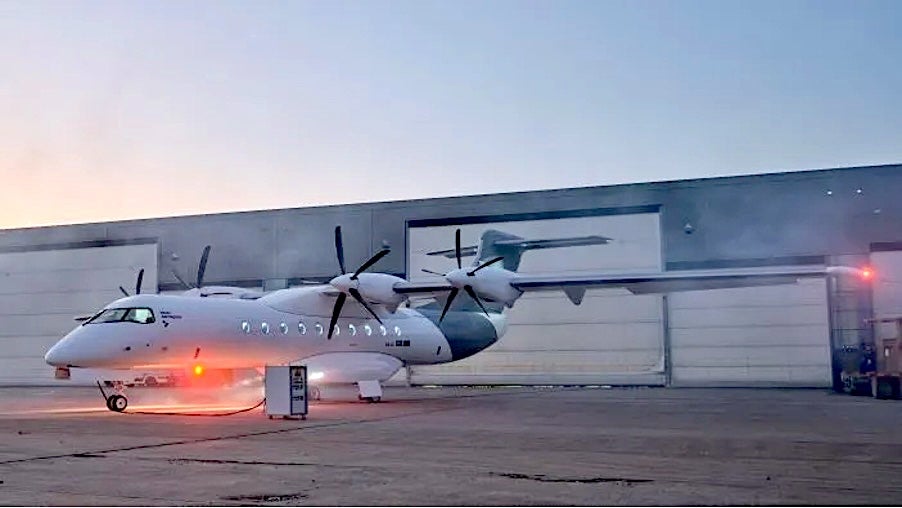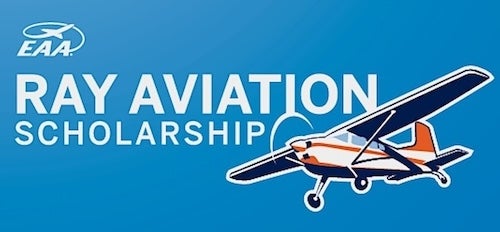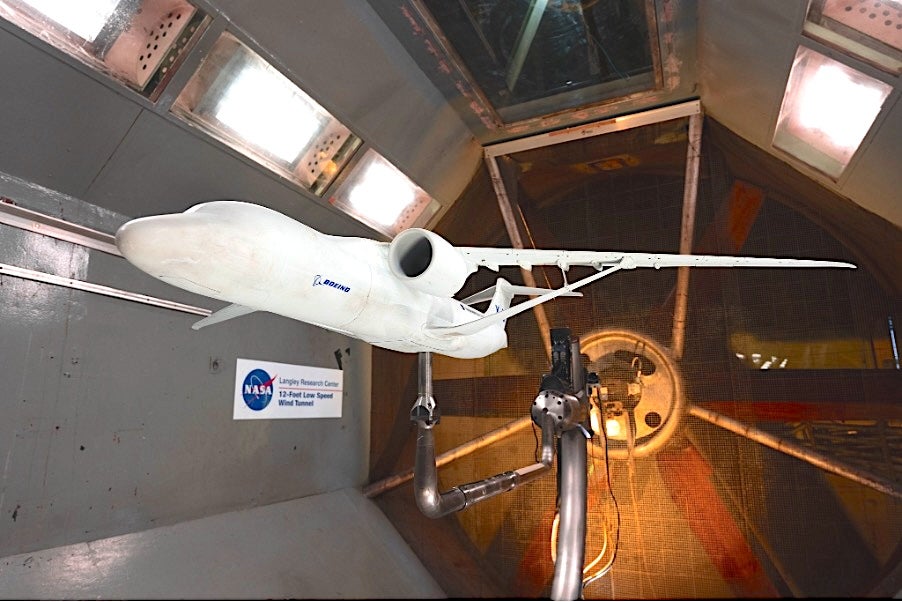The FAA will likely issue an emergency AD in coming days directing pilots of Boeing 737 MAXes to shut off bleed air from at least one engine during takeoff and initial climb to prevent bird strikes from filling the flight deck with smoke. The Seattle Times has obtained a memo from FAA investigators to their brass recommending the procedure change until a software fix can be retrofitted on the fleet to automatically cut off the air flow if an engine is damaged in flight. The investigators also criticized Boeing for not letting pilots know that the safety system that is, ironically, causing the hazard had been added to the engines of the MAX.
The Load Reduction Device on the MAX’s Safran LEAP engines decouples the fan from the rest of the engine if it’s damaged in flight. That is supposed to prevent the engine from shaking itself to pieces (potentially causing collateral damage to other parts of the plane) and it works. Unfortunately it also causes the engine to leak oil from the sump, which ignites on the hot engine and sends chemical-laden smoke into either the flight deck (left engine) or cabin (right engine). According to the Times, Boeing has acknowledged that “the release of oil from the sump is an expected result of LRD activation.”
The system activated on two Southwest flights last year involving large bird ingestions. On takeoff from Havana in March of 2023, a MAX took a bird in its right engine and, sure enough, the cabin filled with smoke. Last December, another Southwest MAX ingested a bald eagle in its left engines and sent the flight crew scrambling for the smoke masks. A meeting is set for Thursday to discuss the pending AD, which is really just a choice between shutting off the bleed air on the left engine (flight deck only air supply) or both engines on takeoff.
Allied Pilots Association spokesman Dennis Tajer told the Times it’s really not a choice at all. “We have to protect the passengers,” he said. “They shouldn’t be doused with lethal chemicals.” Tajer was also miffed that pilot representatives were not involved in the investigation. “Now we are going to demand to be a part of this process,” he told the Times.
Meanwhile, the investigators also went to bat for pilots in their memo noting the fan decoupling mechanism isn’t featured in any pilot manuals. “Much like MCAS, the discovery that LRD is not known to pilots is very concerning,” the Times quoted the memo as saying. The Maneuvering Characteristics Augmentation System, the lack of pilot knowledge of it, was a major factor in the fatal crashes of two MAXes in 2019 and 2020 and led to the worldwide grounding of the fleet and Boeing promised to do better at informing pilots of any unique features in the equipment. The memo suggests FAA brass order Boeing to ensure anything other design quirks be “adequately communicated in pilot operating manuals.”
The post Pilots In Dark About Safety System Behind Cabin Smoke Incidents appeared first on AVweb.





